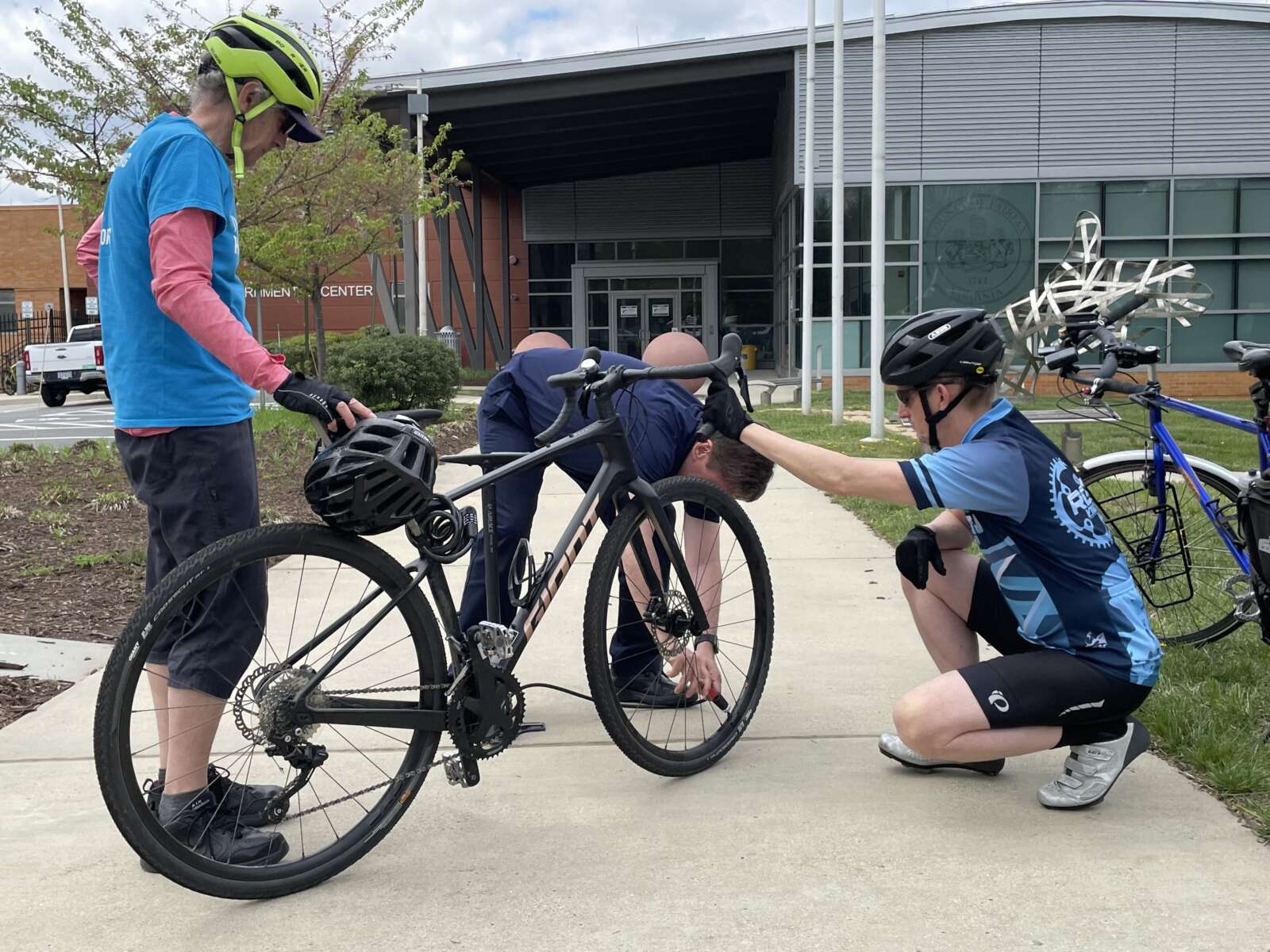By Personal Injury Attorney Gary Christmas of Christmas Injury Lawyers
Early in 2020, the United States House Energy and Commerce oversight and investigations subcommittee will hear from five of the nation’s largest e-cigarette companies.
CEOs from Juul, Reynolds America, and NJOY, as well as the Presidents of Logic and Fontem, will testify before the House concerning their role in increasing the rate of youth vaping, as well as their responsibility in vape-related personal injuries.
These five companies account for 97 percent of the $19.3 billion U.S. e-cigarette market. However, this will be the first time that the House has heard from companies other than market-leader, Juul. Subcommittee members are looking for information about how the companies’ marketing techniques may relate to the epidemic of teen-vaping amongst middle and high school students.
Illinois Democrat, Jan Schakowsky, is hoping to hear a measure of accountability on the part of vaping companies. They are widely blamed for hooking children on vaping products through a combination of sweet flavors, nicotine additives, and a misconception that users are only breathing in harmless water vapor.
Federal data shows that more than five million middle and high school students use vape products at least once every 30 days. After a rash of sudden vape-related deaths and illnesses — thousands were treated for this injury that left dozens dead — the Trump Administration finalized policy to reel in the industry.
The administration sought to at least temporarily ban certain flavored vaping products — namely the popular fruit and mint pod-based flavors — but left tobacco and menthol untouched. The policy also avoided regulating disposable, open tank, and e-liquids available in vape shops.
Critics say this amounts to a giant hole in federal vaping regulation. Matt Myers, President of the Campaign for Tobacco-Free Kids, says that the Trump rule leaves millions of flavored vape products on the market, including ones popular with kids. He also questions whether popular mint flavors might simply be relabeled as menthol.
Come May, the administration is requiring companies to get approval from the federal Food and Drug Administration (FDA) for its products and to prove they offer a public health benefit. The “health argument” was the initial marketing campaign for vaping — that it is better for a person than smoking tobacco.
The controversy has stemmed mainly from new “tobacco product” users — i.e., youth vapers — now addicted to vape-sourced nicotine, in addition to the significant uptick in vape-related deaths and illnesses last year.
Some worry that, under the broader argument that vaping helps people quit smoking, these FDA bans will be only temporary, and that the products most enticing to children will be as available as before, but now with a label of “healthy.”






